What Are the Steps on How To Get a CPS Case Dismissed Fast?
The best way to get a CPS case dismissed quickly is to consult a lawyer to find if there is cause for the case to be dismissed on grounds of procedural issues or lack of evidence.
 Written by Background Check Repair
Written by Background Check Repair
Criminal Records | April 30, 2024
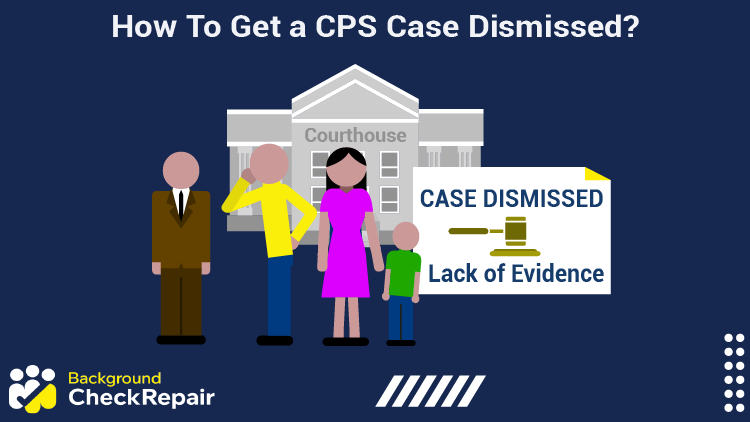
Table of Contents
Many individuals might find themselves the subject of a CPS investigation and will want to know how to get a CPS case dismissed.
Knowing the way the investigation works and knowing the laws work will be the best thing individuals can do.
For example, Child Protective Services can not enter your home without a warrant, otherwise, the charges will be dropped.
However, there are plenty of things that CPS can do, such as taking your child without parental consent while they are at school. So, it’s important to know the laws in the state where you live, and understand how to get a CPS case dismissed as soon as possible.
This guide explains the options parents have.
Many individuals who want to know how to get a CPS case dismissed will be under the impression that the rules of a CPS case are similar to those in a criminal case.
Many criminal cases can be dropped by a judge for various reasons such as lack of evidence, or improper procedures.
However, this is not always the case when it comes to a CPS investigation.1
CPS investigations are not criminal investigations and thus, no charges are filed when the investigation begins. This causes several issues when it comes to having the case dismissed.
With criminal charges, when the case is dismissed, the judge is actually dismissing the charges that were filed, not the actual investigation. In this case, law enforcement is still free to investigate the individual for any possible wrongdoing in order to find evidence and file charges.
In a CPS case, it is harder to get a case dropped as this would essentially be asking CPS to stop investigating possible abuse and neglect.
Getting a case thrown out due to lack of evidence doesn’t quite work the same way as the investigation is searching for evidence, often based on someone’s report to CPS that there was abuse or neglect occurring.2
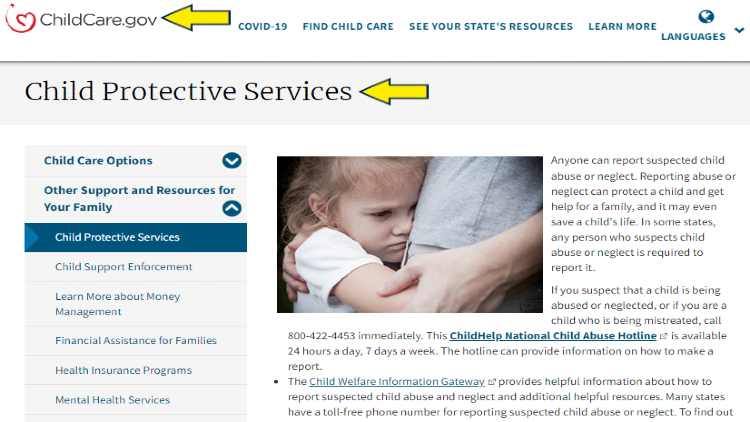
Child Protective Services allow anyone to report possible abuse or neglect, often anonymously.
However, this does not mean that CPS can never be thrown out, in fact, CPS cases can be thrown out due to lack of evidence.
This will usually result after an extensive investigation takes place, in which case the parent could argue with the help of an attorney that the investigation constitutes harassment since the investigation has continued despite a lack of evidence.
And, many of the requirements are also extensive.
With all that in mind, it should be clear why individuals wondering how to get a CPS case dismissed should contact a lawyer as soon as possible.
Even if the individual is not seeking to have the case dismissed immediately, having a lawyer offering advice and explaining the process in your state will be invaluable when it comes to keeping custody of your children.
There are numerous steps to get a CPS case dismissed that parents can take.
Not all of them will apply to every CPS case and it is always advised that individuals consult with a family lawyer to determine the best plan of action.
However, the following tips on how to get a CPS case closed should provide some framework for the various angles parents can take.
The first thing to do if a CPS investigation has been filed is to consult and hire an attorney.
A legal representative is crucial for defending your parental rights. Many non-profit agencies provide free family legal help for parents who are defending against CPS claims of abuse or neglect.
In many CPS cases, there might be something specific that is the reason for the CPS investigator to believe that abuse or neglect is taking place.
Specifically, in regards to neglect, it can be something like not providing proper resources for children that have special needs.
In this situation and ones similar, it is usually a matter of making the requested changes in order to meet the standards of the investigator.
Understanding what CPS can and can’t do, which is discussed further down, is also a great tool to take advantage of, since every state has its own legal requirements and conditions for removing a child from their home.
Similar to criminal cases, abuses of power can result in the case simply being thrown out by a judge.
Individuals who find themselves heading to court in a CPS case will be able to file for the case to be dismissed.
This is best achieved with the help of a lawyer but the parent can make the case to the judge why the case should be thrown out due to lack of evidence or a similar reason.
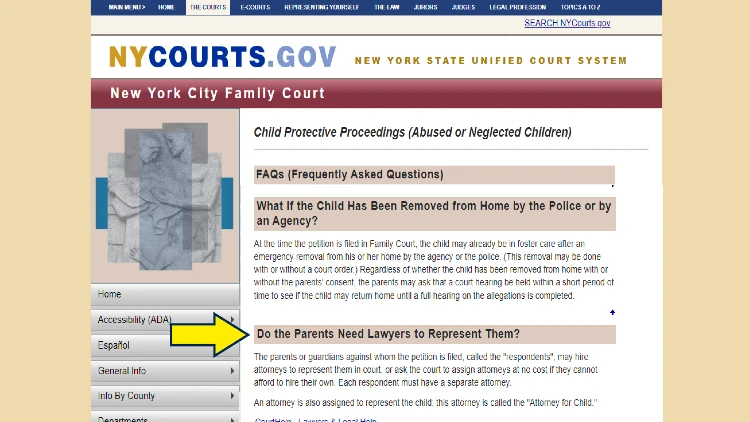
State resources should provide legal council for parents, but it’s also a good idea to check for national non-profits that defend family rights.
Although there are some other lesser-used ways to get a CPS case dismissed, most cases that are thrown out entirely will be done using the steps above. However, even if the case is thrown out, many people will be worried about things like how long a CPS case remains on your record, and other long-term effects.
Most CPS cases will not go on the individual’s record. This is because an investigation itself will not trigger criminal charges of any kind, keeping the individual’s record clean.
However, there will be a record of the investigation taking place with CPS, in case there are future incidents in which case past investigations may contain relevant information.
The non-offending parent in a CPS case will also have some power during the investigation.
Assuming the non-offending parent has at least partial custody of the child, they will likely be given temporary custody for the duration of the CPS investigation. They can also provide evidence in the case, which can sometimes result in the case being dismissed.
Regarding what CPS can and cannot do, many people will be surprised at some of the powers that CPS has, even without a judge being involved.
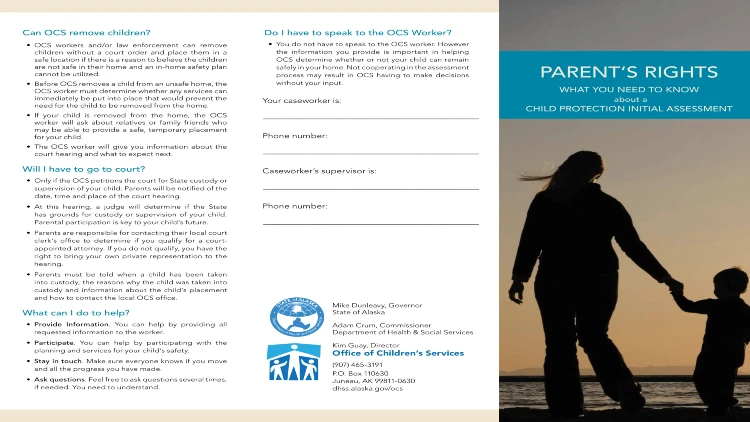
CPS can take a child without parental consent based on an anonymous tip in many states.
What you need to know about a Child Protective Services (CPS) case is that the state laws will determine many of their powers. This is why it is so important to know your state’s laws when it comes to what constitutes neglect and other similar topics to avoid instances where a CPS investigator is making false claims or abusing their power.3
As far as what CPS is legally allowed to do, there are three powers that most individuals should be aware of.
Although this might be surprising, CPS is known to talk to children directly, often in coordination with their school’s administration.
Many parents might be frustrated that a CPS worker spoke to their child without being notified, however, this is a safety measure to avoid instances where an abuser can coach their child into giving answers that would shield them from any kind of blame or legal action.
Although the CPS investigator will need sufficient evidence in order for a judge to sign a court order that authorizes CPS to remove the child, it is known to happen.
Keep in mind that this is not something that will happen immediately, but in most cases, the parents will not be given a warning to avoid the parent fleeing with the child.
In many cases, CPS can also get a court order so that the parent no longer has custody of the child at all. This will often follow the child being removed from the home.
When it comes to powers that CPS does not have, there are a couple of major ones that parents should be aware of. Remember if CPS does something illegal during their investigation, then this can be used as grounds for dismissal.
CPS is not legally allowed to enter someone’s home without a court order, even if they suspect abuse is taking place. The CPS investigator will need the homeowner’s consent or a court order to enter the home.
Although drug tests are fairly common in CPS cases, a CPS caseworker is not able to force someone to take a drug test.
Many individuals will voluntarily take a drug test to prove their innocence, but a CPS investigator can not require a drug test without a court order.
When facing a CPS investigation, many people will start gearing up for a court hearing, however, this might not be necessary. So, do all CPS cases go to court, most CPS cases do not ever go to court.
In fact, CPS case statistics show that over half of all CPS cases are abandoned after determining the claims were unsubstantiated.4
Besides CPS cases, many individuals will want to know how to get a dependency case dismissed. However, many people will not fully understand the difference between a dependency case and a CPS case, but the difference is very simple.
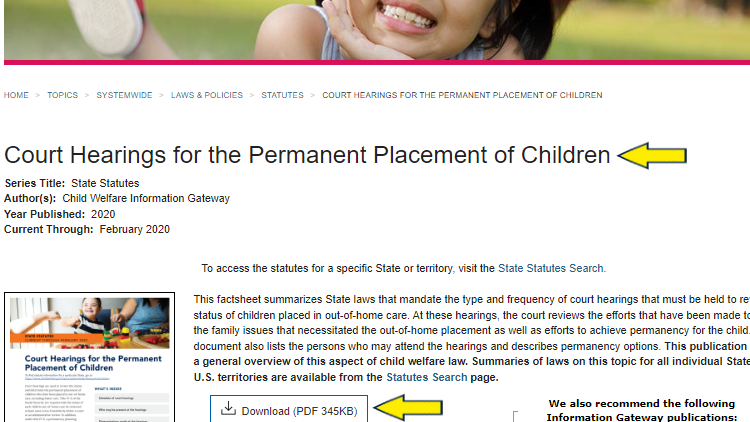
Each state has their own process for court ordering the placement of children away from their parents.
A CPS case is really a CPS investigation.
When someone makes a claim of abuse, CPS will open a case and begin investigating the claims that were made to see if these claims of abuse or neglect are substantiated. This investigation is carried out independently by CPS and does not involve any criminal charges at first.
Charges may be filed if there is evidence of abuse and neglect. Should this occur, the subsequent court case involving the discovered abuse or neglect is referred to as a dependency case.
In short, a CPS case is an investigation, and the dependency case will involve the actual court procedures if evidence of abuse or neglect is discovered.
When it comes to how to get a dependency case dismissed the answer will be the same as how to get a CPS case dismissed. The best thing to do is to avoid the case going to court in the first place, but if it does individuals should contact a lawyer to see if there is cause for the case to be dismissed on grounds of lack of evidence or a similar reason.
Just like with a criminal case, in order to get a CPS case dismissed, the individual or their lawyer will need to file a motion to dismiss CPS case. In order to do this there will need to be a specific reason as to why the case should be thrown out such as a lack of any evidence that abuse or neglect took place or possibly procedural issues with the way the investigation was conducted.
Many people will be wondering, can a judge dismiss a CPS case, and the answer is yes. There are two ways a CPS case can end with no consequences.
Either the CPS investigator will determine that the claims were unsubstantiated and they will choose to end their investigation and the case will be closed, or a judge will determine that the case should be dismissed due to lack of evidence or any reason that was cited in a motion to dismiss.5
Many people might have heard of child abuse background checks and will be concerned that a CPS case will appear on these, even if the case was dismissed. However, the child abuse background check is used to determine if individuals are fit for jobs that constitute child care,6 such as background checks for daycare or teaching positions.
Although there are child abuse databases that are checked by government agencies, a CPS case will not show up on a traditional background check.
Individuals who are still worried should learn how to obtain a criminal background check on themselves to be sure. This can easily be done using the search bar at the top of this page or by using an online background check company, such as one that offers a 7-day free trial background check.
When comes to how to get child neglect charges dropped is somewhat difficult and will require the same steps as getting a CPS case or dependency case dropped.
Generally, individuals will need to provide a specific reason why the case shouldn’t exist such as a lack of evidence or procedural issues with the way CPS or law enforcement conducted the investigation.
Those wondering how to get a CPS case dismissed should know that hiring an attorney as soon as possible will give them their best chances. Even if it is not possible to get the case dropped, an attorney will give individuals their best chance of retaining custody of their children and avoiding criminal charges.
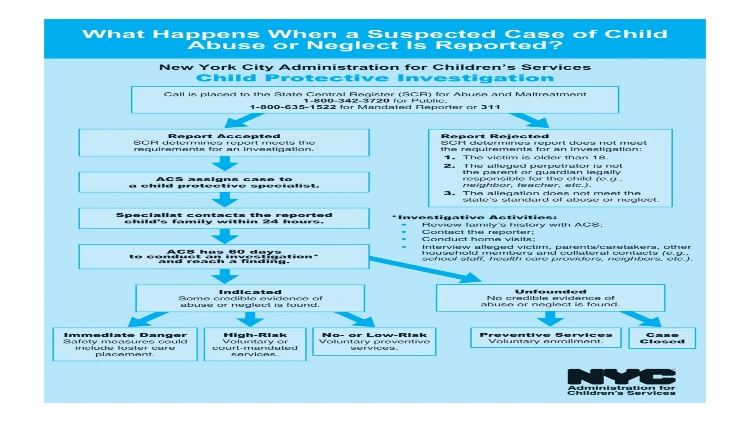
In New York, when a call is placed to CPS, the protocol follows a series of events, which is similar to many states.
Individuals who is the non-offending parent in the case should also at least consult with a lawyer to learn about their options and possible outcomes of the case.
CPS cases can be extremely scary and if things go the wrong way, individuals may lose custody of their children for extended periods of time. However, there are a few options that individuals should be aware of such as knowing how to get a CPS case dismissed.
The best way to get a CPS case dismissed quickly is to consult a lawyer to find if there is cause for the case to be dismissed on grounds of procedural issues or lack of evidence.
A CPS background check is the background check that is performed on individuals that are prospective foster parents or those applying for jobs that require working with children. The check is legally required for many positions.
A CPS background check will uncover the individual’s entire criminal history. Not only will the check go back forever, it will also include criminal records that were sealed and even expunged in some cases.
The foster parent background check is the same as a childcare background check and is required by the federal government to screen those that work with children or are considering taking in children in foster care.
Only a judge can dismiss a CPS case, individuals will need to prove there is no evidence of abuse or neglect.
There are a few different ways to convince a judge to dismiss a CPS case, the most common is showing that there is no evidence of abuse or that the investigator broke the law during the investigation.
Getting a CPS case dismissed is extremely difficult and can generally only be done if there is no evidence of abuse or neglect.
In Michigan, CPS is able to talk to children without the permission of the parents can can obtain court orders to remove children from their home. However, they are not able to forcibly enter a home without a court order to do so.
In New York CPS is able to take away parental rights and remove children from the home with a court order. However they are not able to forcibly enter a home or force someone to take a drug test without a court order.
For individuals wondering, how to locate where someone works for garnishment, they will likely need to rely on social media background checks in order to find out where someone works as IRS and SSA databases are not accessible to the public.
There is no public employment database that individuals can search. Only with the help of official agencies’ databases like the IRS or SSN, will individuals have answers on how to locate where someone works for child support.
CPS will only make recommendations to a judge in the interest of the child during a CPS case, if the CPS case worker believes that it is in the best interest of the child, then the best thing to do is to get a family lawyer to help guide you through the process and avoid possibly losing custody.
1ChildCare.gov. (2023). Child Protective Services. Childcare.gov. Retrieved January 04, 2023, from <https://childcare.gov/consumer-education/child-protective-services>
2U.S. Department of Health and Human Services. (2023). How To Report Child Abuse and Neglect. Child Welfare Information Gateway. Retrieved January 04, 2023, from <https://www.childwelfare.gov/topics/responding/reporting/how/>
3U.S. Department of Health and Human Services. (2023). State Statutes Search. Child Welfare Information Gateway. Retrieved January 04, 2023, from <https://www.childwelfare.gov/topics/systemwide/laws-policies/state/>
4U.S. Department of Health and Human Services. (2023). Child Abuse and Neglect Statistics. Child Welfare Information Gateway. Retrieved January 04, 2023, from <https://www.childwelfare.gov/topics/systemwide/statistics/can/>
5Cornell Law School. (2019, December 18). Rule 48. Dismissal. Legal Information Institute. Retrieved January 04, 2023, from <https://www.law.cornell.edu/rules/frcrmp/rule_48>
6ChildCare.gov. (2023). Background Checks: What You Need To Know. ChildCare.gov. Retrieved January 04, 2023, from <https://childcare.gov/consumer-education/background-checks-what-you-need-to-know>
We use cookies to ensure that we give you the best experience on our website. If you continue to use this site we will assume that you are happy with it